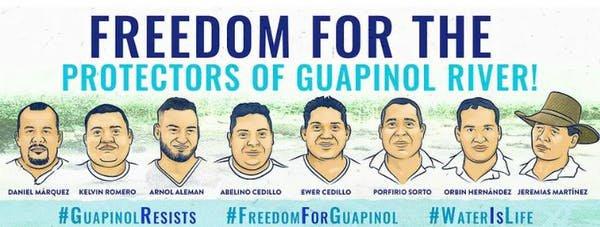The Guatemalan Prosecutor's Office confirmed the arrest of two assistant prosecutors from the Special Prosecutor's Office against Impunity (FECI), the latest in a string of detentions of anti-corruption officials. Both assistant prosecutors were involved in uncovering a corruption plot between lawyers, politicians and businessmen to elect judges. Guatemalan authorities say arrest warrants are pending against two other assistant prosecutors involved in that case. Human rights organizations and the international community condemned the arrests of anti-corruption officials.
- Home
- About Us
- Issues
- Countries
- Rapid Response Network
- Young Adults
- Get Involved
- Calendar
- Donate
- Blog

